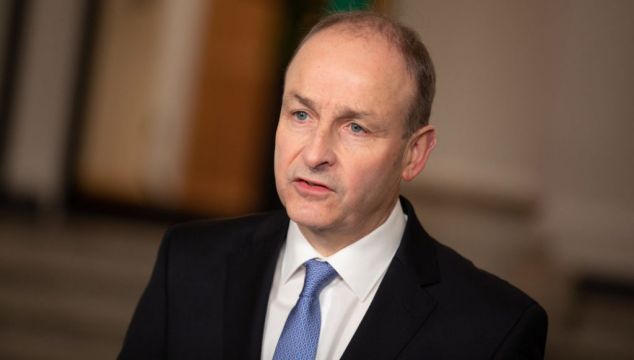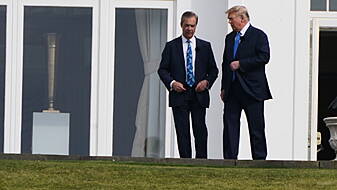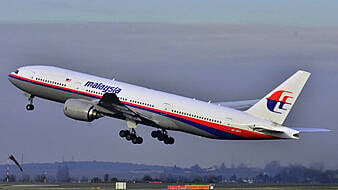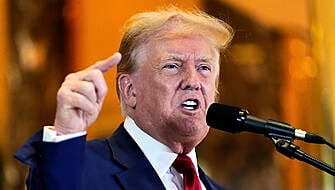Updated at 20:20
The increased cost of energy bills, rents, interest rates and even day-to-day expenses like groceries has forced the Government to act to alleviate the financial pressure currently being placed on individuals and households.
Following relentless calls from the Opposition, charities and workers groups to name a few, the Government unveiled a package of measures on Thursday to provide short-term assistance, particularly for fixed or low-income households which have been the hardest hit by recent price increases.
Here are the main points around the cost of living package.
What's behind the rise in the cost of living?
The high rate of inflation is causing the increase in the cost of living. Inflation drives up the price of goods and services, including essentials like food and heating oil, making it more costly to live.
Speaking on Thursday morning, Minister for Public Expenditure Michael McGrath said the economy's recovery from the Covid-19 pandemic is a large factor for inflation, currently being seen around the world, coupled with a rise in energy prices, which have been attributed to a wide range of factors including low gas storage levels, high EU carbon prices and infrastructure outages.
Whatever the reason, these increases are making it harder for people to make ends meet, whether that be their ability to pay their heating bill, or buy their weekly shop. Results of a Red C Poll conducted on behalf of the Society of St Vincent de Paul found the number of people financially struggling since the onset of the pandemic has doubled, so it is clear that something needs to be done.
What measures are being brought in?
The Government confirmed the full package of supports which earlier Tánaiste Leo Varadkar said is worth "somewhere in the region of €1.4-1.5 billion".
Among the measures announced are:
- An enhanced energy credit to €200;
- An extra €125 will be paid to those in receipt of fuel allowance on St' Patrick's Day;
- The drug repayment scheme will be enhanced under supports package agreed by Government this evening;
- A 20 per cent reduction in public transport fares has also been approved for services including Bus Eireann, Irish Rail, DART, Dublin Bus, Luas and Local Link. the fare changes will take effect in April until the end of the year.
What are the Opposition saying?
The plans have already been criticised by the Opposition, with calls for the Government to “get money into people’s hands now”.
Sinn Féin's Pearse Doherty said direct payments of €200 should be made to individuals on incomes of €30,000 or less, and €100 for individuals on incomes between €30,000-€60,000.
Meanwhile, Labour's Aodhán Ó Ríordáin criticised recent comments from Government TDs who suggested people should "shop around" to save money on their energy bills.
"For those suffering on record rent prices, they can’t shop around - they need a rent freeze. For those looking at soaring energy bills up by 30 per cent, they can’t shop around for better deals - they need real intervention. For those in low paid work, they can’t shop around - they need a pay rise,” Mr Ó Ríordáin said.
Mr Varadkar responded to the comments by claiming the Opposition would not be satisfied regardless of the measures announced, adding that their promises were cheap when they were not the ones having to make the decisions.
"No matter what we announce today it is not going to be enough. Your press releases are already written saying things like 'it is not adequate' and 'it is not enough'," Mr Varadkar said.
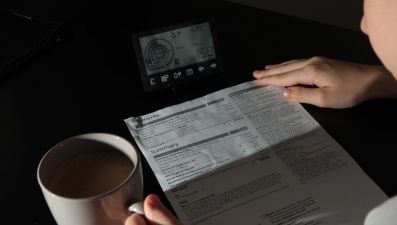
O'Ríordáin's colleague, Ged Nash the party's spokesperson on Finance said the Government kept its promise by disappointing the people of Ireland with another half-baked attempt to address the cost-of-living crisis.
“The government told struggling families to expect little from their cost-of-living package and they did not disappoint. With the European Commission forecasting that inflation in Ireland will grow by 5 per cent again this year, today’s half-baked and tokenistic measures will ultimately lead us back to square one before long.
“Renters need a rent freeze. Workers need a pay rise and again Government is leaving them all feeling short-changed.
“The reality is that government is benefiting from a VAT windfall because of rising prices on fuel and energy with the Exchequer perversely profiting from the crisis. VAT returns in January were up €400m versus January 2020."
